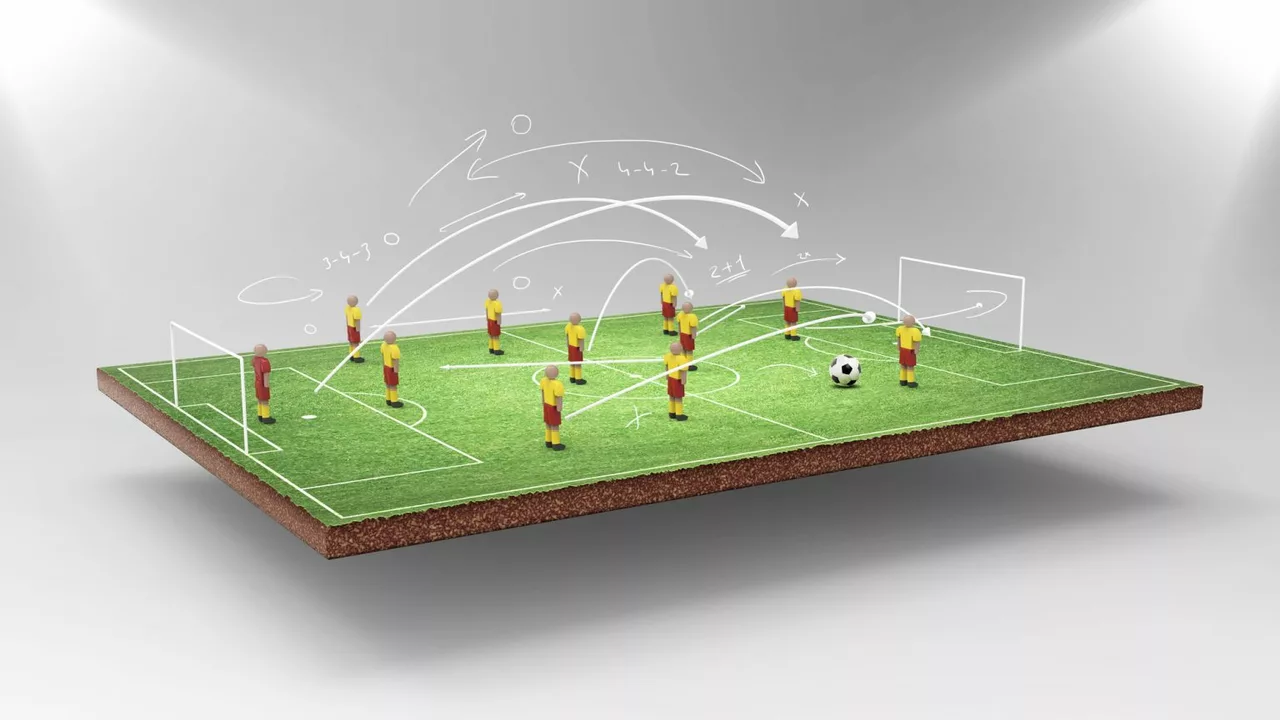
Understanding the Role of a Midfielder
Midfielder, often referred to as the 'engine room' of the team, has a crucial role to play in soccer. Being a midfielder means you are the connective tissue between defense and attack, controlling the game and dictating play. You need to possess a wide range of skills, including passing, tackling, and strategic thinking. Additionally, you need to have a high level of fitness as you'll be running the most on the pitch. Finally, remember that communication is key in this role - you need to constantly interact with your teammates to coordinate play and create opportunities.
The Art of Ball Control
Ball control is an essential skill for any midfielder. You have to be comfortable with the ball at your feet, able to receive it under pressure, and capable of maintaining possession. It’s crucial to master different types of touches and turns, as well as understanding when to use each one. Additionally, work on your first touch – this can set you up for a successful pass or shot, or help you evade an approaching opponent. Practice with both feet to make sure you're an unpredictable and versatile player on the field.
Mastering the Pass
Passing is arguably the most important skill for a midfielder. Whether it's a short pass to a nearby teammate or a long cross-field ball, your passing ability can make or break a game. It's important to develop accuracy, timing, and an understanding of the game to provide effective passes. Remember, a good pass is not always about speed or distance, it's about putting the ball where your teammate can best utilize it. Work on both ground and aerial passing skills, and don't forget to practice with both feet.
Defensive Duties and Tackling
As a midfielder, you're not just an attacker – you're also a defender. You need to be able to break up the opposition's play and win the ball back for your team. This involves understanding positioning, being able to read the game, and possessing solid tackling skills. Remember, a good tackle doesn't just stop the opponent, it also allows you or your teammates to regain possession. Also, be aware of your surroundings and don't dive into tackles recklessly – timing is everything.
Developing Game Intelligence
Game intelligence, or understanding the game, is a crucial part of being a successful midfielder. You need to be able to read the game, predict what will happen next, and make the right decisions accordingly. This involves understanding your teammates' movements, recognizing the opposition's strategy, and knowing when to pass, shoot, or dribble. Watching professional soccer and analyzing their play is a great way to develop this understanding. Remember, soccer is not just a physical game, it's a thinking game too.
Physical Fitness and Stamina
Soccer is a physically demanding sport, and midfielders usually cover the most ground during a game. Therefore, it's crucial to have a high level of fitness and stamina. Regular cardio exercises like running, cycling, and swimming can help improve your endurance. Interval training is also effective as it mimics the stop-start nature of soccer. Additionally, strength training can help improve your power and resilience, making you a stronger player on the field. Remember, your fitness can give you the edge in the final minutes of a game when others are tiring.
Effective Communication
Finally, communication is a crucial aspect of playing midfield. As a midfielder, you're in a unique position to see the whole field and guide your teammates. Communicating effectively can help coordinate team movements, warn of approaching threats, or organize a sudden attack. This doesn't just mean shouting instructions – non-verbal cues like pointing or eye contact are also important. Remember, soccer is a team sport and effective communication can be the difference between winning and losing.